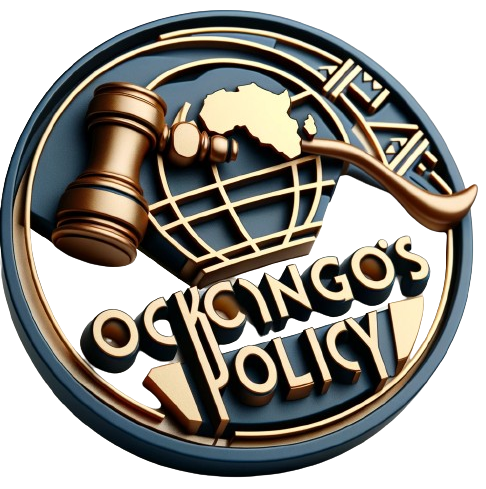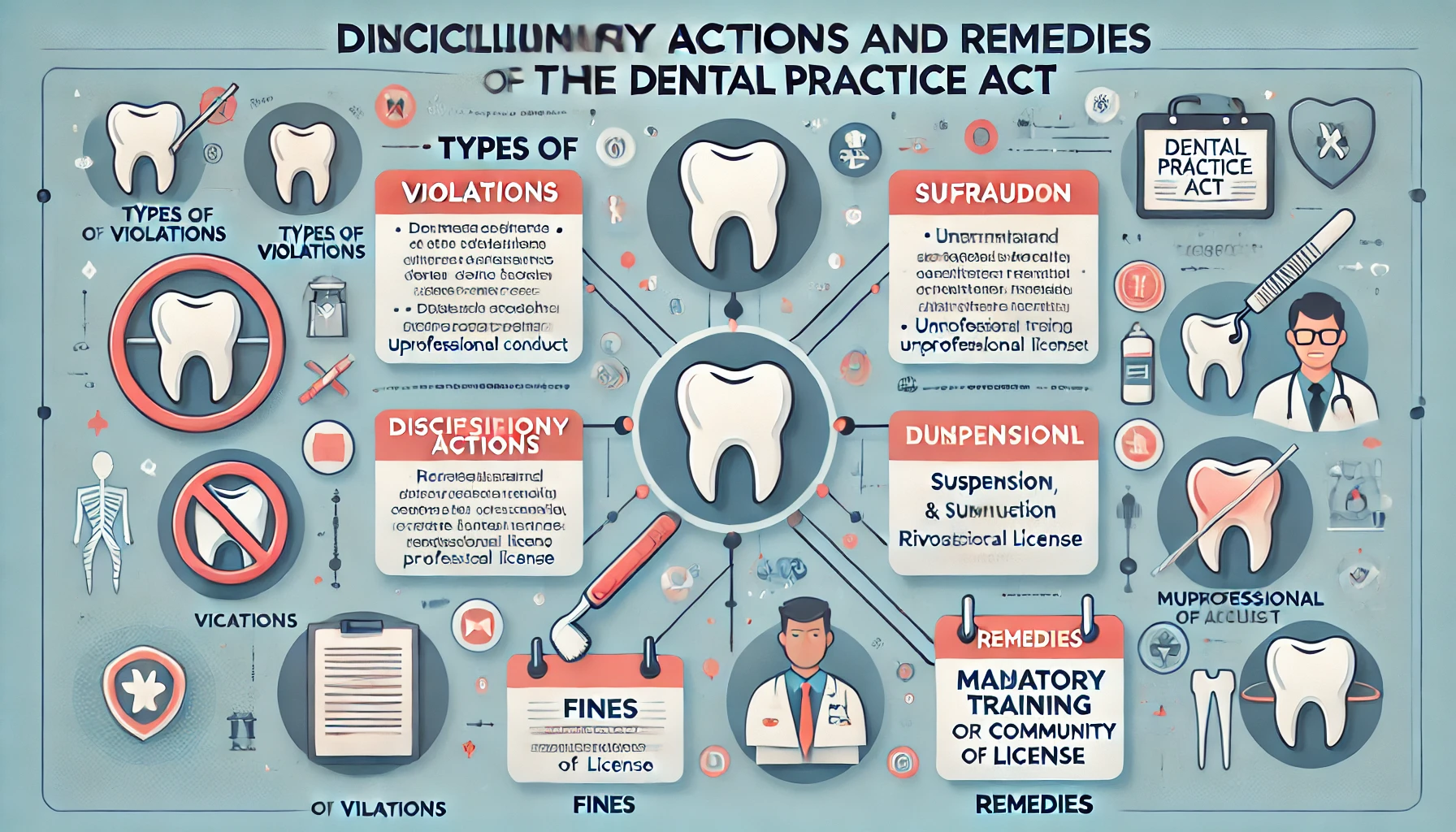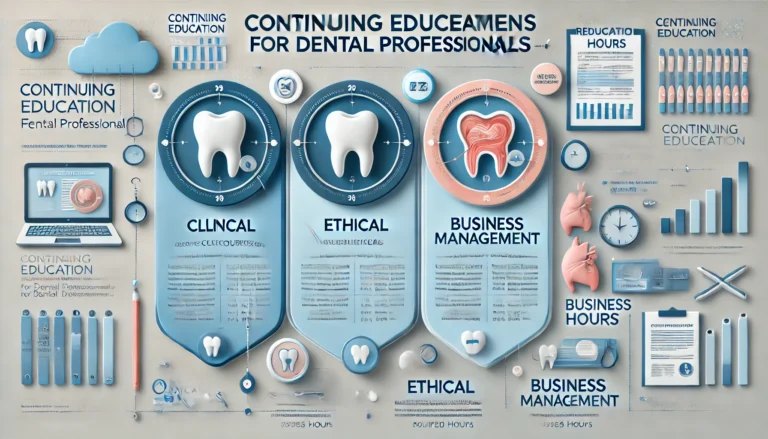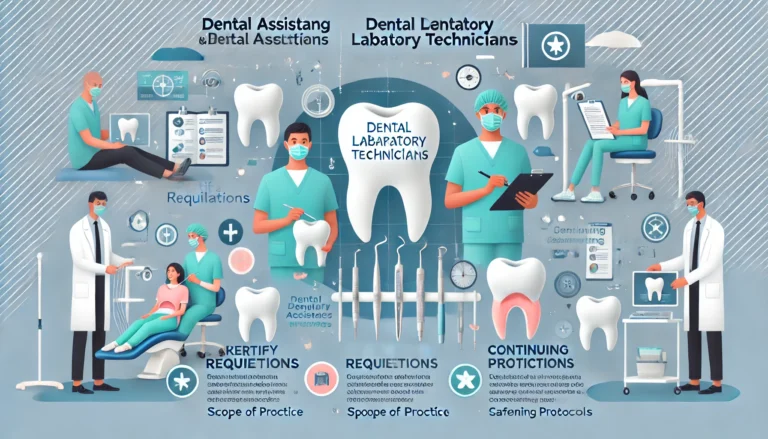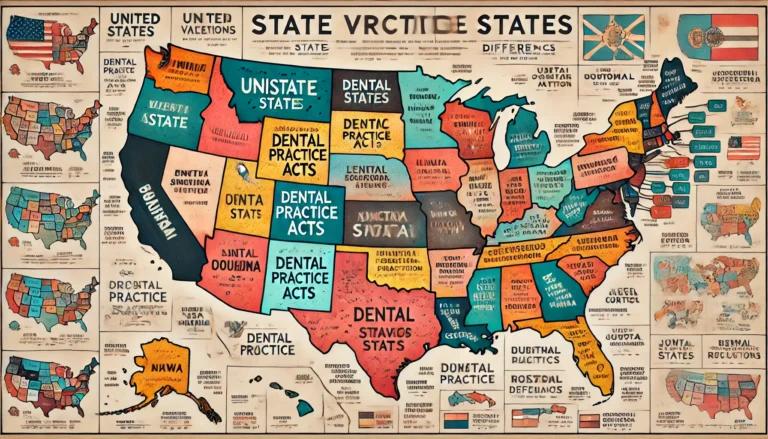Disciplinary Actions and Remedies for Violations of the Dental Practice Act
Actions and Remedies Violations of the Dental Practice Act
As dental professionals, we take pride in providing the highest quality care to our patients while adhering to ethical standards and regulations. However, like any profession, dentistry is governed by a set of laws and regulations that ensure the safety and well-being of the public. The Dental Practice Act is a comprehensive set of guidelines that outline the standards of practice for dentists and dental hygienists. Violations of this act can lead to significant disciplinary actions and legal consequences. In this article, we’ll explore the various disciplinary actions that can be taken against dental professionals who violate the Dental Practice Act and discuss the remedies available to address these violations.
Understanding the Dental Practice Act
The Dental Practice Act serves as the legal framework for the practice of dentistry. It defines the scope of practice, sets standards for professional conduct, and establishes the requirements for licensure and continuing education. The act is designed to protect the public from unqualified or unethical practitioners and to ensure that dental services are provided safely and effectively.
Violations of the Dental Practice Act can range from minor infractions to serious breaches of professional conduct. Common violations include:
- Practicing without a valid license
- Substandard care or malpractice
- Fraudulent billing practices
- Substance abuse or impairment
- Inappropriate relationships with patients
Disciplinary Actions for Violations
When a dental professional is found to have violated the Dental Practice Act, the state dental board or regulatory authority may impose a range of disciplinary actions. These actions are intended to address the violation, protect the public, and deter future misconduct. Here are some common disciplinary actions:
- Warning or Reprimand: This is a formal notice that a violation has occurred. It serves as a cautionary measure and is often used for minor infractions.
- Fines and Penalties: Monetary fines may be imposed as a consequence of the violation. The amount can vary based on the severity of the offense.
- Probation: The dental professional may be allowed to continue practicing under certain conditions, such as additional supervision or regular reporting to the dental board.
- Suspension: The dental professional’s license may be temporarily suspended, prohibiting them from practicing for a specified period.
- Revocation: In severe cases, the dental professional’s license may be permanently revoked, effectively ending their career in dentistry.
- Mandatory Continuing Education: The dental professional may be required to complete additional education or training to address the deficiencies that led to the violation.
- Restitution: The dental professional may be required to compensate patients for any harm or financial loss resulting from the violation.
Remedies and Rehabilitation
While disciplinary actions are necessary to uphold the standards of the dental profession, it’s also important to recognize that dental professionals can take steps to remedy their violations and rehabilitate their careers. Here are some remedies and strategies for rehabilitation:
- Acknowledgment and Accountability: The first step in addressing a violation is acknowledging the wrongdoing and accepting responsibility. This demonstrates a commitment to ethical practice and a willingness to make amends.
- Compliance with Disciplinary Actions: Dental professionals must fully comply with any disciplinary actions imposed by the dental board. This includes paying fines, completing mandatory education, and adhering to probation or suspension terms.
- Continuing Education and Training: Engaging in additional education and training can help dental professionals improve their skills and knowledge, addressing any deficiencies that led to the violation.
- Professional Counseling or Therapy: In cases involving substance abuse or impairment, seeking professional counseling or therapy can be crucial for rehabilitation. This not only addresses the underlying issues but also demonstrates a commitment to personal and professional growth.
- Community Service and Outreach: Participating in community service and outreach programs can help dental professionals rebuild their reputation and give back to the community. This demonstrates a commitment to making amends and contributing positively to society.
- Mentorship and Peer Support: Seeking guidance from experienced mentors and participating in peer support groups can provide valuable insights and support during the rehabilitation process. This helps dental professionals navigate the challenges of rebuilding their careers.
Disciplinary actions for violations of the Dental Practice Act are critical to maintaining the integrity and trust in the dental profession. These actions, ranging from warnings to license revocation, ensure that dental professionals adhere to ethical standards and provide safe care to patients. Remedies and rehabilitation strategies, such as continuing education, professional counseling, and community service, play a vital role in helping practitioners address their violations and regain their professional standing. Understanding the importance of compliance with the Dental Practice Act not only protects patients but also enhances the overall quality of dental care.
Examples and Tips for Better Understanding
To provide a clearer understanding of disciplinary actions and remedies, let’s explore a few examples and tips:
Example 1: A dentist is found to have been overcharging patients by submitting fraudulent insurance claims. As a result, the dental board imposes a fine and places the dentist on probation, requiring regular audits of their billing practices. The dentist acknowledges the violation, complies with the probation terms, and completes additional training in ethical billing practices. Over time, the dentist successfully rehabilitates their career and restores their professional reputation.
Example 2: A dental hygienist is reported for practicing without a valid license. Upon investigation, it was discovered that the hygienist’s license had expired due to failure to complete the required continuing education credits. The dental board issues a suspension and mandates the completion of the necessary education. The hygienist promptly complies, renews their license, and resumes their practice with a renewed commitment to maintaining licensure requirements.
Tip 1: Maintain Comprehensive Records: Keeping detailed records of patient care, billing, and continuing education can help prevent misunderstandings and provide evidence of compliance with the Dental Practice Act.
Tip 2: Stay Informed About Regulations: Regularly review updates to the Dental Practice Act and related regulations to ensure your practice remains compliant with current standards.
Tip 3: Seek Guidance When Uncertain: If you’re unsure about any aspect of the Dental Practice Act or your professional responsibilities, seek guidance from a mentor, legal advisor, or the dental board. This can prevent inadvertent violations and demonstrate your commitment to ethical practice.
Conclusion
Adhering to the Dental Practice Act is paramount for maintaining the trust and safety of the public. Understanding the potential disciplinary actions for violations and the remedies available can help dental professionals navigate challenges and maintain their professional integrity. By acknowledging violations, complying with disciplinary actions, and engaging in rehabilitation efforts, dental professionals can rebuild their careers and continue to provide high-quality care to their patients. Remember, a commitment to ethical practice and continuous improvement not only benefits your career but also enhances the overall quality of dental care for the community.
